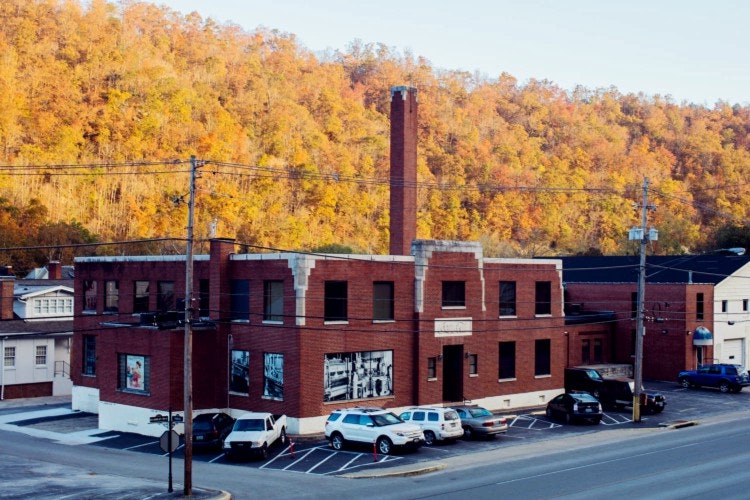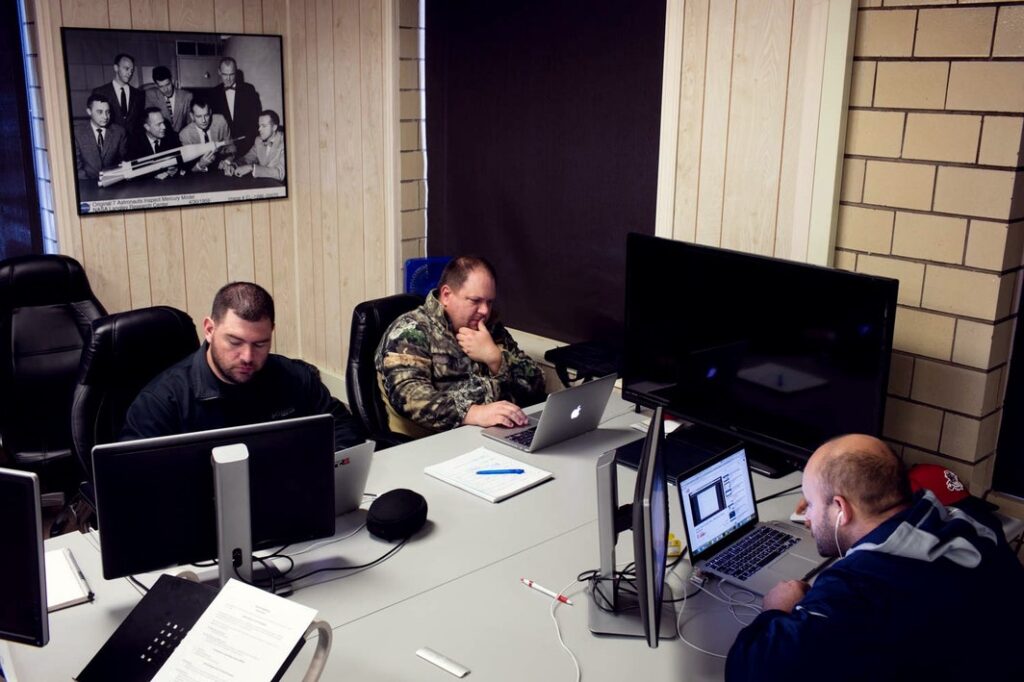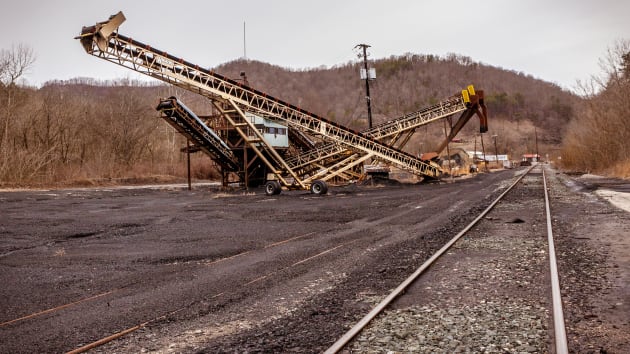A Post-class Followup by Carol Joo Lee
As much of the talk around combatting Climate Crisis pivots on “net-zero global emissions,” the phase-out efforts for fossil fuels vis-a-vis coal industry have become a flashpoint for a culture war. Part of the reason is the genuine reaction at the loss of income, family history and sense of community, but the other part, as Cara Daggat points out in “Petro-masculinity: Fossil Fuels and Authoritarian Desire,” is more cynical and drummed up by PR campaigns to associate coal with “traditionally aggressive masculine symbols,” such as football and military, and working-class trope of a family provider while appealing to white nostalgia. During the in-class discussion on the criticality of top-down approaches to mitigate climatic and environmental challenges, I became curious to find out if there’s an alternative script to the petro-masculinity narrative and what that might look like. Surely, on the ground, not every man, family, who’s been affected by the coal industry blight is holding on to the “coal is king” mantra and participating in “rollin’ coal” when they’re economically pinched and layoffs abound all around them regardless of how much Trump professes to love “beautiful, clean coal” and slashes EPA regulations.
Rethinking, reimagining, reinventing and retraining are the words that are most often used to describe the economic future of the Appalachia, signaling a new era – a death of the old way and a dawn of the unknown – and as such there’s a lot of fear and resistance around the transition and most certainly it won’t happen overnight. During the Obama years, there were efforts to ease the transition from coal-based economy through programs such as, POWER Initiative, ARC (Appalachian Regional Commission) and TechHire. Unfortunately, the “war on coal” became the more dominant narrative and drowned out any good intentions. Incremental success was found in more regionally based organizations like SOAR (Shaping Our Appalachian Region) and Appalshop in Kentucky and UMWA (United Mine Workers of America Career Center) in West Virginia, which proved to be more effective in direct communication, resonance and engagement.
A 2015 WIRED magazine piece recounts how after attending a SOAR conference, Rusty Justice (a fitting name if there ever was one), owner of a land-moving company, was inspired to co-found BitSource, a tech startup, in Pikeville, KY, that recruited coal miners to code out of an old Coca-Cola bottling plant. Another motivating factor was Michael Bloomberg. Justice heard Bloomberg say, “You’re not going to teach a coal miner to code” in a conversation with Mark Zuckerberg and was incensed by his patronizing attitude. Justice and his partner received 900 applicants for 10 openings. The whittling down process included a test that evaluated three criteria: “Were they logical? Were they technical thinkers? And could they actually sit in a chair for eight hours a day?” The new tech job after training brings in about $18 an hour which is lower than an average miner salary of between $60,000 – $80,000. But the article points out that among the recruited there’s hardly any nostalgia, one of the BitSource employees, a former coal mechanic, tells the reporter, “No, I don’t miss this at all… I didn’t like the work, I liked the people.”



There are other ways of reinventing work in the coal country besides coding, which is only viable to a small segment of the coal population. There has to be. It’s no secret that coal jobs have been on a steep decline for decades and employment is at an all-time low since the late 1800’s. In Kentucky alone, in 2016, the number of jobs dropped by nearly 1,500 during just the first three months leaving an estimated 6,900 employees in the industry. The 2020 pandemic accelerated the loss: Over 6,000 coalmining jobs were lost in March and April 2020. In West Virginia, UMWA Career Center helps laid-off coal workers find jobs in commercial driving, electrical technology, chemical processing and medical jobs providing $5,000 toward retraining and $20 for each day they attend classes. While many ex-miners look for skill-based work, some are turning to farming. With the help of Community Farm Alliance, a group of multi-generation Kentuckians have started growing heirloom tomatoes and hemp on reclaimed surface mine.


Photo Credit Mike Belleme for The New York Times
In February 2019, the Washington Examiner published an article titled, “Green New Dealers look to support miners while killing coal.” Against the pushback the GND received from coal lobbyists – “They are wrong. The coal industry is not dead. It can come back, and will, when prices become favorable;” “They are getting ready to disrupt the lives of folks who want to live in Appalachia…” – the conservative news site outlined the coal decline in stark terms for its readership: “[Even before the Green New Deal] more coal plants shuttered in President Trump’s first two years than were retired during former President Barack Obama’s first term.” Greg Carlock, GND research director at Data for Progress, a progressive think tank, describes the intended approach as follow: “You overcome the perception about the Green New Deal by engaging in conversation on where they see themselves in the energy transition… You honor the culture and the role coal communities have played in making the American economy a strong, energy-rich country.”
As illustrated above, there are promising examples for life post-coal in the Appalachian regions. However, the anti-clean energy campaign will intensify before it withers and other logistical challenges impede a new technology driven industry to take hold, such as lack of high-speed internet due to rough terrain and remoteness. Logistics aside, there are other problematic areas with focusing so intently on the people of coal work: Politically and culturally, coal mining has been a shorthand for a dignified white blue-collar job and is given an imbalanced amount of priority because of the narrative associations given to the work and the geography – the backbone of American industry, American heartland, when America was great, etc. – and when we’re tapping into the rage of coal miners, we’re tapping into white rage, discounting and erasing the history and existence of Black miners in America. So while the work towards converting the minds of the people who are most resistant to actions towards Climate Change is essential, it is also equally paramount that every vulnerable group is given the care, attention and funding.




